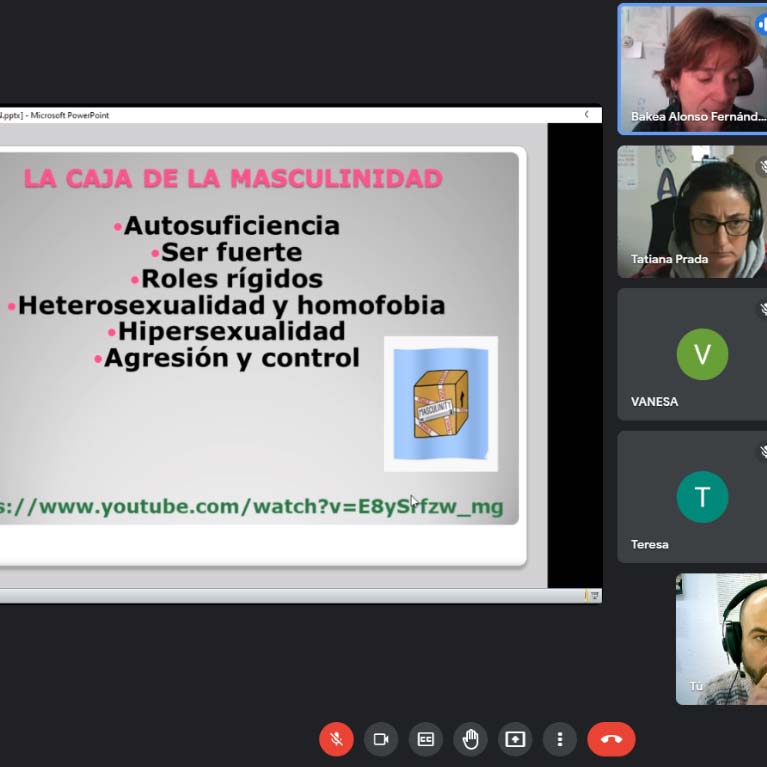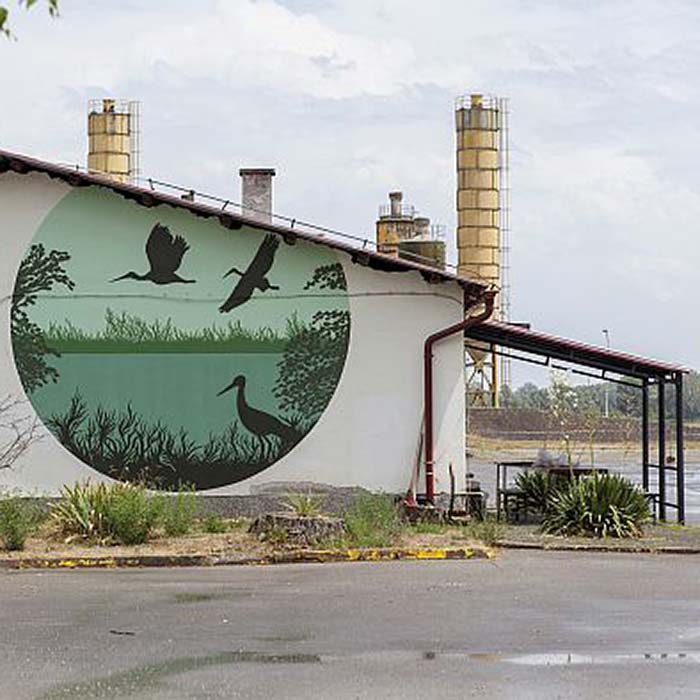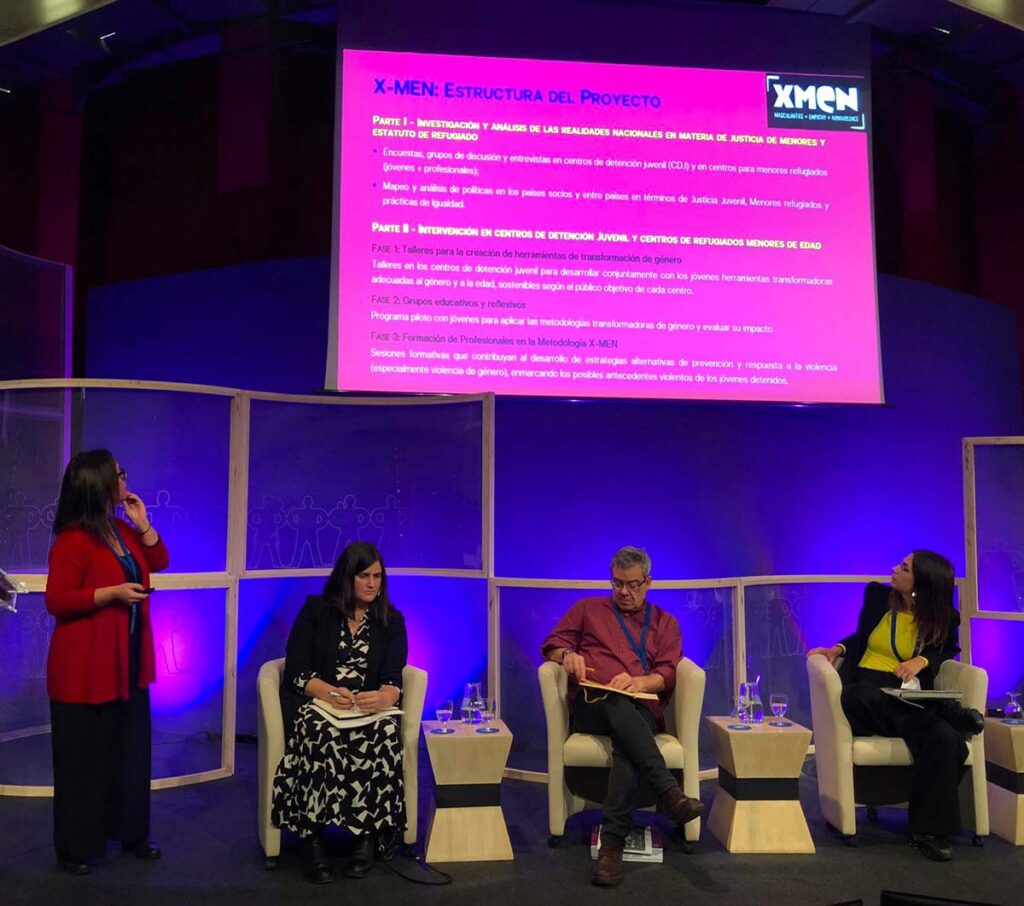
Between the 17th and 26th of January 2023, the Cepaim Foundation organized the online course “Masculinity and interculturality in the care of minors migrating alone”. The course consisted of five sessions of 1 hour and 30 minutes of duration and was aimed at social intervention professionals working with unaccompanied migrant minors. Applications to attend the training exceeded all expectations, with almost 100 applications two days before the end of the pre-registration period. This indicates both the need and interest in the approach provided through the X-MEN project.
In Spain, the X-MEN project seeks to intervene in the cycles of reproduction of violence that affect male minors in situations of vulnerability and risk, as is the case of unaccompanied migrant minors, a mainly male group with which, however, little or no work is done under an intercultural and gender transformative approach.
Based on the results of the research conducted during the first year of the project, we have counted on the collaboration of different experts in order to promote intersectionality, interculturality and respect for those affected in the first person, i.e. the minors or former minors themselves.
Trainers were the decolonial Islamic feminist Chaimaa Boukharsa (Afrocollectiva); Ismail El Majdoubi, one of the visible faces of the ExMenas collective, formed by youngsters who grew up in unaccompanied child migrant centers; the Moroccan Otman Ghannami and the Spanish Inmaculada Mengual (AICE), who work with minors in the North of Morocco to promote safe and realistic migration; anthropologist Marta Farré (University of Seville), who carried out an ethnography with former public care young migrants during the two hardest years of the COVID-19 pandemic and was kind enough to share results that have not yet been published; and with Aharón Fernández of Homes Igualitaris, who narrated his experience running workshops with unaccompanied minors in the Catalan context and presented the manual Solos/Aluahdania.
Participants gave us very positive feedbacks about the training, as reflected in their comments:
“Necessary, indispensable, useful, practical and based on experience and research.”
“I found it essential to have a perspective on masculinities, really, it was incredibly enlightening and revealing.”
“The course was great. I would also highlight the care, sensitivity and respect with which all the topics have been dealt with. For me, it has been a space for dialogue, reflection and learning. It has certainly given me questions to explore and reflect on for a long time. Thank you for everything.”


